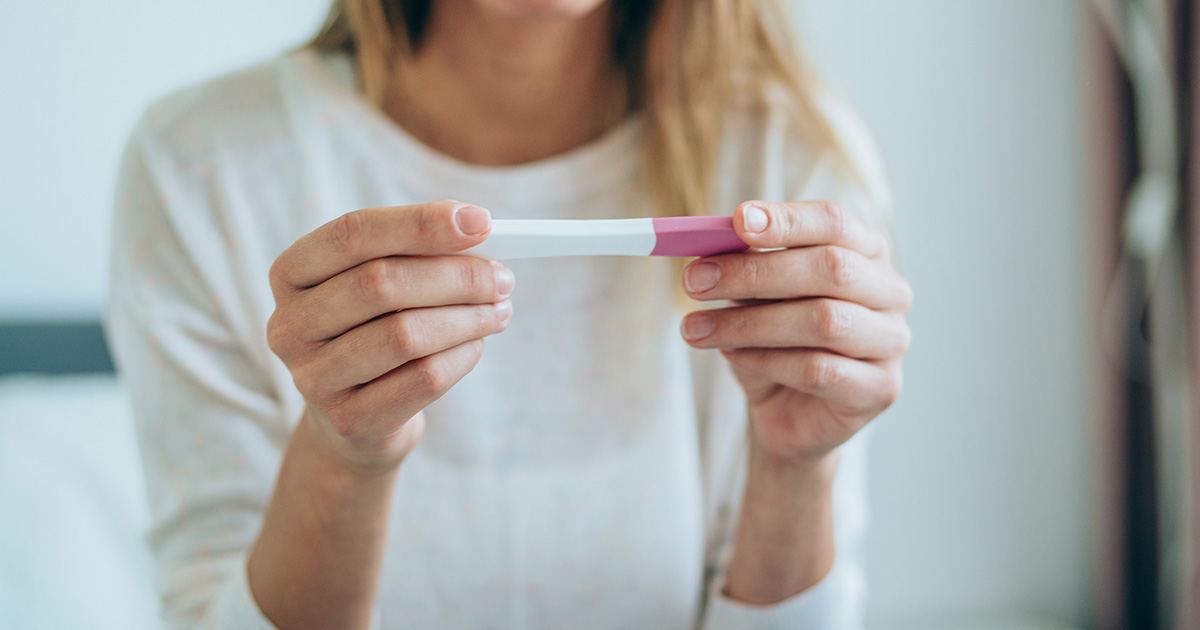
Pregnancy
Preeclampsia Prevention: What You Need To Know
Preeclampsia is fairly common and a serious condition that can develop during pregnancy. Public figures like Beyoncé, Serena Williams, and Kim Kardashian have all experienced preeclampsia and have helped to shed light on the importance of education and awareness. Here we’ll help you understand what preeclampsia is so you can know the signs and take charge of your health.
What Is Preeclampsia
Preeclampsia affects about 1 in 25 pregnancies and can develop during the second half of pregnancy (after 20 weeks) or postpartum. It causes persistent high blood pressure. If left untreated, it can impair kidney and liver function, cause blood clotting problems, seizures, fluid in the lungs, and can affect blood flow to the placenta which can lead to premature birth. In severe cases, it can be fatal. The exact cause of preeclampsia is still unknown. However, there is evidence to show that it may be due to insufficient blood flow to the uterus.
Preeclampsia Risk Factors
Certain factors may increase your risk, but it doesn’t mean you’ll definitely develop it. That said, it’s still important to know your risk, so you can be better informed. Here are some to be aware of:
- Carrying twins, triplets or other multiples
- Pre-exiting conditions like kidney disease or diabetes
- First time pregnancy
- Age 35 years or older
- Body mass index (BMI) of greater than 30
- Family history of preeclampsia
Preeclampsia Treatment
If you develop preeclampsia, the best course of action is often delivery. For full-term pregnancies (past 37 weeks), this might involve inducing labor or a C-section, depending on your specific situation.
If you’re earlier in your pregnancy, the doctors will carefully weigh the risks of preeclampsia against those of an early delivery. This decision considers factors like how far along you are, the severity of preeclampsia, and your overall health.
In some cases, medications to manage your blood pressure and steroids to help your baby’s lungs develop might be necessary before delivery. Your doctor will discuss the best course of action for you and your baby.
Empowering Yourself For a Healthy Pregnancy
While there’s no guarantee that you can prevent preeclampsia, there are some steps you can take to promote a healthy pregnancy and lower your risk.
- Prenatal Care Is Key: Regular checkups with your Axia Women’s Health provider are key. They can help you to manage pre-existing conditions and monitor you and your baby’s health throughout your pregnancy.
- Low-dose Aspirin: For some women, low-dose aspirin may help reduce your risk. The American College of Obstetricians and Gynecologists and the Society for Maternal-Fetal Medicine support that low-dose aspirin is safe and not likely to cause complications. The optimal time to start is before 16 weeks of pregnancy, though it can be initiated later. As always, it’s important to talk to your provider about whether this is right for you.
- Healthy Lifestyle: Entering pregnancy healthy is so important. Maintaining a healthy diet and exercise plan is important for optimal health before, during, and after pregnancy.
- Open Communication: One of the most powerful things you can do is to establish open communication with your provider. If you have any concerns, don’t be afraid to raise them early.
Know The Signs
Early action is key! You should contact your Axia Women’s Health provider right away if you experience any of the following:
- High blood pressure, anything over 140 over 90
- Swelling in your hands, face or eyes
- Headache that doesn’t go away or becomes worse
- Pain in your right shoulder or below your right rib
- Shortness of breath
- Nausea and vomiting
- Visual changes such as blurry vision, seeing spots, or if you have a sensitivity to light
It’s always best to air on the side of caution and speak up if you’re feeling “off.” With earlier diagnosis and treatment, it is possible to treat preeclampsia and ensure both you and your baby are healthy.
Similar Articles

February 16, 2026
Understanding Your Pregnancy Odds: A Guide to Fertility in Your 20s, 30s, and 40s
Pregnancy
Read More
April 7, 2025

August 22, 2024































